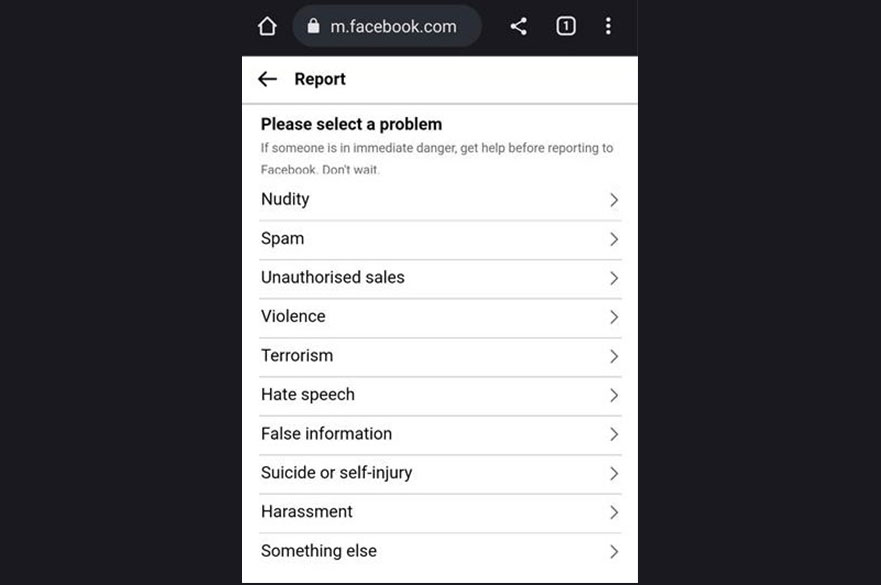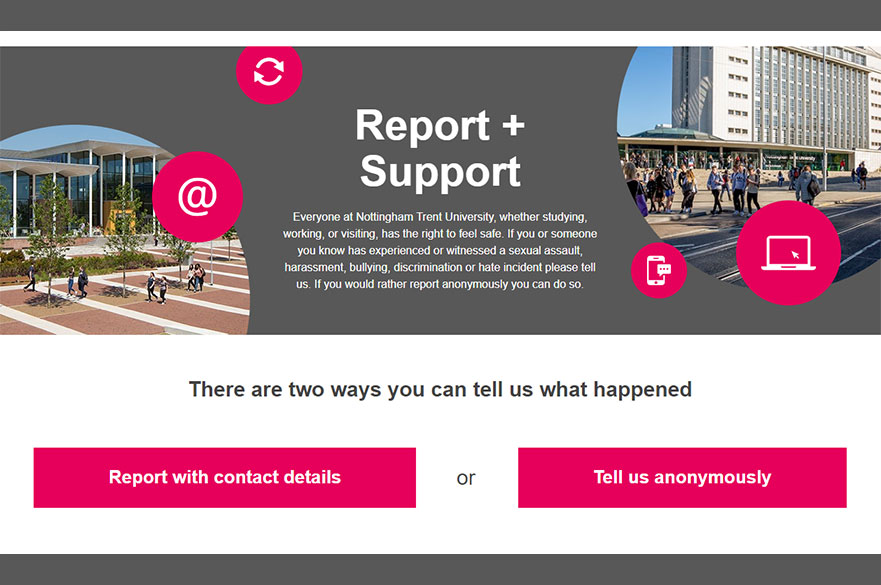Spotting harmful content online
Published: 24/05/2023
Harmful content is anything online which causes a person distress, harm or generally has a negative impact. Something posted online may not immediately jump out to you as harmful, but it could have an impact on others.
How to spot potentially harmful content
Look out for posts or profiles that:
- Encourage breaking the law – it’s become more and more common for criminals to recruit others online.
- Incite harassment or violence against others.
- Talk in code or use emojis in place of words – this is done to bypass algorithms (software that searches for keywords online) that detect when community guidelines are broken on social media sites.
- Have a fact checking warning – many social media sites will warn you if they suspect a post contains misinformation.
- Persuade you to move conversations into more private channels for the full picture – apps like Telegram, WhatsApp or Discord have been used to distribute harmful content in private.
Context is very important, so these signs don’t definitively identify harmful content but they are red flags that should prompt you to be wary.


Reporting harmful content
If you see something that you believe is illegal, especially threats against yourself or someone else, contact the police on either 999 if there is an imminent threat or 111 for non-emergencies.
Not all harmful content is illegal, but social media sites allow you to report content if it violates their terms of service or community guidelines. You're able to specify exactly which rules it violates and add additional context. The report is then reviewed by a human who makes a decision on whether to take action.
You can also block accounts that you consider harmful so you will never see content from them again. Many social media sites also allow you to block words or phrases within your settings, so they never actually reach your feed.
Report + Support
Finally, if you’ve come across harmful content online that has affected you and you feel the need to talk to someone about it, the Student Support Services team is here for you. You can talk to them via the PATHway drop-in service on campus or using NTU’s Report + Support page.